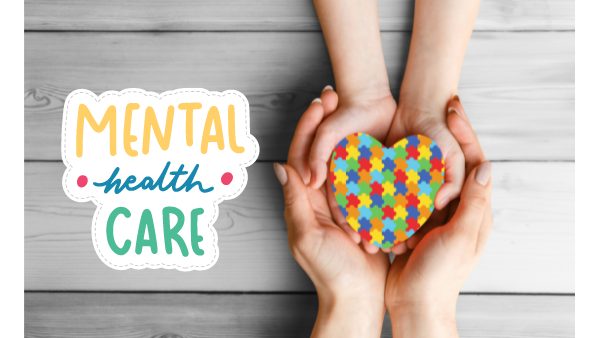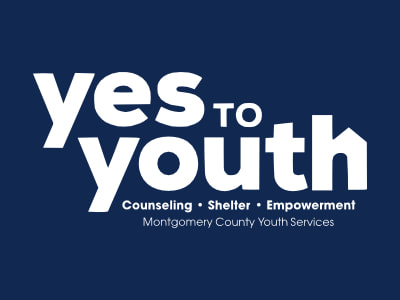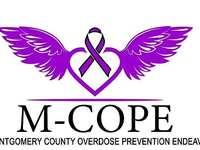- Categories :
- More
Categories
Mental Health Care After A Hurricane

In the aftermath of a hurricane, our communities face significant challenges, not only in rebuilding physical structures but also tending to our mental and emotional well-being. It’s crucial to recognize that the impact of such natural disasters extends beyond the visible damage. The emotional toll can be profound and long-lasting.
Coping with Emotional Challenges
- Acknowledge Your Feelings: It’s normal to feel a range of emotions after a hurricane—fear, anxiety, sadness, frustration. Allow yourself to experience these emotions without judgment.
- Connect with Others: Reach out to friends, family, or support groups. Talking about your experiences and emotions can help relieve stress and provide perspective.
- Practice Self-Care: Take time for activities that promote relaxation and reduce stress, such as deep breathing, meditation, or gentle exercise. Proper nutrition and adequate sleep are also crucial for mental health.
Seeking Professional Help
- Recognize Signs of Distress: If you or someone you know experiences persistent sadness, anxiety, difficulty sleeping, or other signs of distress that interfere with daily life, consider seeking professional help.
- Accessing Mental Health Services: YES to YOUTH offers free counseling services for youth and their families after a disaster. We have immediate availability in our Woodlands and Magnolia Offices. We can get you signed up to be scheduled soon in our Conroe and Splendora Offices. We also have a 24/7 Mental Health Crisis Hotline at 1-888-756-8682.
- Accessing Additional Resources: Local health departments, community centers, or disaster relief organizations can provide information on available resources.
Supporting Children and Teens
- Encourage Expression: Children may find it difficult to verbalize their feelings. Encourage them to express themselves through drawing, storytelling, or play.
- Maintain Routine: Establishing a daily routine can provide a sense of stability and security for children and teens during uncertain times.
Building Resilience
- Focus on What You Can Control: While it’s natural to feel overwhelmed by the scope of recovery, focus on small actions you can take to rebuild and move forward.
- Seeking Meaning: Finding meaning in adversity can foster resilience. Reflect on lessons learned and ways in which you’ve grown stronger.
Community Support and Solidarity
- Lean on Each Other: Offer support to neighbors and community members. Acts of kindness and solidarity can strengthen community bonds and foster hope.
- Stay Informed, but Limit Exposure: Stay informed about recovery efforts and support services, but be mindful of consuming too much distressing news coverage.
Moving Forward Together
- Recovering from a hurricane is a journey that requires time, patience, and resilience. By prioritizing our mental health and supporting each other, we can rebuild not just our communities, but also our spirits.
Take care of yourselves and each other.
Comments •
















